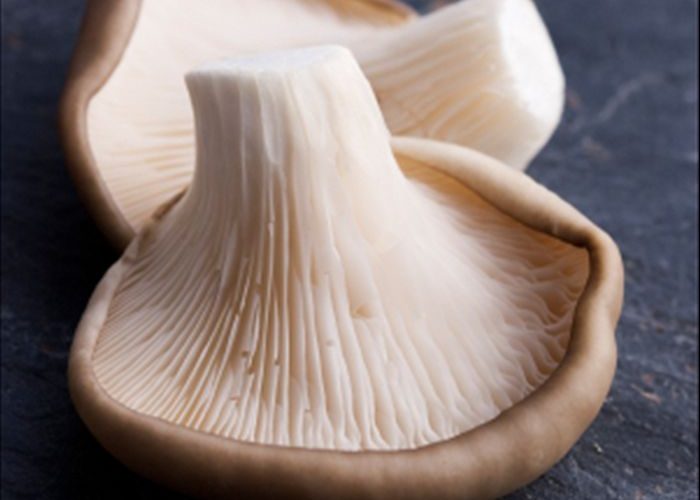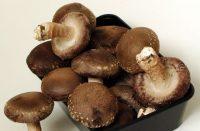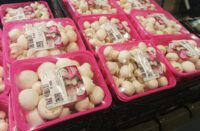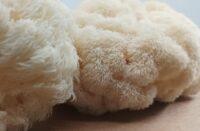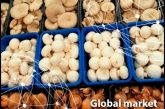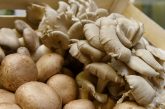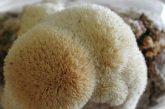A diet rich in oyster mushrooms, onions, sweet potato, oregano, cinnamon and cloves could help fight chronic inflammation, say Australian researchers.
Professor Gerald Muench, of the Molecular Medicine Research Group at the University of Western Sydney, and colleagues, report on the anti-inflammatory activity of common foods in a recent issue of the European Journal of Nutrition.
“Oyster mushrooms were much more potent than honey brown or button mushrooms.” says Muench.
Inflammation is part of the body’s way of protecting itself from harmful stimuli. But sometimes the inflammatory process can turn on the body itself.
Chronic inflammation is understood to be involved in many age-related diseases including osteoarthritis and Alzheimer’s disease.
A number of foods have been previously identified as having anti-inflammatory activity. Muench and colleagues were interested in finding out which were the most potent.
“The idea is if we can identify the best foods we can recommend a certain diet for people,” says Muench.
Common foods
The researchers collected 115 common foods from supermarkets, including vegetables, fruit, mushrooms, beverages, herbs, spices and condiments. And made extracts from them by heating them for 10 minutes in the microwave and blending them in water.
They then tested how potent the foods were in reducing inflammatory markers (cytokines and free radicals) by adding the extracts to macrophage cells. Which had been activated to simulate what happens when the body responds to a virus or bacteria attack.
They found onions, oregano, red sweet potato, cinnamon, cloves and mushrooms were the top six most potent anti-inflammatory foods.
“We didn’t really expect mushrooms to be highly anti-inflammatory. This was a surprise”. says Muench.
Medicinal use?
Muench says the results are a “good start” to finding foods that could be useful in staving off diseases that result from chronic inflammation.
“Our experiments show these are potent foods that are worth looking at more closely”. – he says. “The more potent a food is, the less you have to eat to get a clinically relevant result in your body.”
Muench says the fact that the foods were heated before being tested suggests their anti-inflammatory activity survives cooking. But tests in animals and humans are required to determine the actual effects of the food.
He estimates it might be necessary to eat around 200 grams of anti-inflammatory foods every day to have an effect. “This is quite doable,” he says, but stresses more precise tests are required to work out exactly how much would need to be consumed to be useful.
Source: ABC Science


